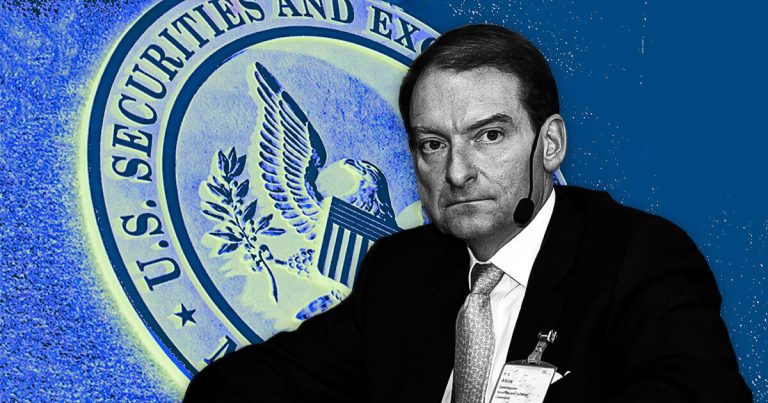Former SEC member and candidate for President Donald Trump, Paul Atkins, chaired the U.S. Securities and Exchange Commission (SEC), appeared before the Senate Banking Committee on March 27, vowing to restore clarity and restraint on the institution’s regulatory agenda.
An important focus of his testimony was the need for consistent rules to manage digital assets, which he described as an urgent challenge for both innovation and investor protection.
Atkins criticized aspects of former SEC chair Gary Gensler’s tenure, highlighting federal courts overturning rules-making initiatives, increasing staff attrition and controversial enforcement action against cryptocurrency companies.
He advocated a shift towards deregulation, highlighting the need for clear and effective rules that promote innovation while protecting market integrity. He has pledged to return the agency to its core mission of protecting investors, promoting efficient markets and promoting capital formation.
Conflict concerns, past codes
During the confirmation hearing, Sen. Elizabeth Warren quizzically questioned Paul Atkins’ relationship with the cryptocurrency industry and financial companies.
In a letter submitted prior to the hearing, Warren questioned whether Atkins could remain fair given his consulting connections with the industry, particularly his role in advising FTX before the collapse.
She also raised concerns about his personal financial disclosures. This shows a significant holding related to the crypto sector totaling around $6 million.
Warren promised Atkins to reject himself from future issues involving his former clients, and urged him to avoid returning to the financial industry for at least four years after serving. She emphasized that such measures are necessary to restore public confidence in the SEC’s independence.
Paul Atkins responded to Senator Warren’s question by highlighting his commitment to ethical standards and full transparency. He assured the committee that, if confirmed, it would be sold from any financial holdings that could present a conflict of interest, including crypto-related assets and his consulting company, Patmac Global Partners.
He also said he would comply with all federal ethical rules regarding denials and SEC protocols. He stopped committing to a ban on employment after formal services, but Atkins argued that his decision was led solely by the public interest and the statutory mandate of the SEC.
Atkins claimed that he positioned his private sector experience as an asset, giving him the insights needed to create effective regulations without thwarting innovation. He rejected the notion that his past work compromised his ability to lead impartially and instead equiped him to understand the real-world impact of institutional rules.
He also pledged to further investigate the collapse of FTX and ensure that the SEC will thoroughly consider the issue in response to concerns raised by Sen. Chris Van Hollen.
New course chart
Atkins said one of his top priorities is to work with committee members and lawmakers to create a regulatory approach to principles, structured and technology-neutral digital assets. He said the current lack of clarity has caused confusion and discouraged innovation.
He argued that by introducing appropriate rules, the US could solidify its leadership in financial innovation and attract global investment. Atkins also expressed his opposition to what he described as “overly politicized” rulemaking, calling on the SEC to focus on statutory duties rather than moving forward with the partisan agenda.
With the SEC at a crossroads, Atkins’ nomination is expected to shape the agency’s direction on issues ranging from crypto market and ESG disclosure to execution priorities and market structural reform.
The Senate Committee will continue its assessment before voting on whether to proceed with the nomination. If the committee votes in favor, the nomination proceeds to the full Senate for a confirmation vote. There, a simple majority is required for final confirmation.
It is mentioned in this article






